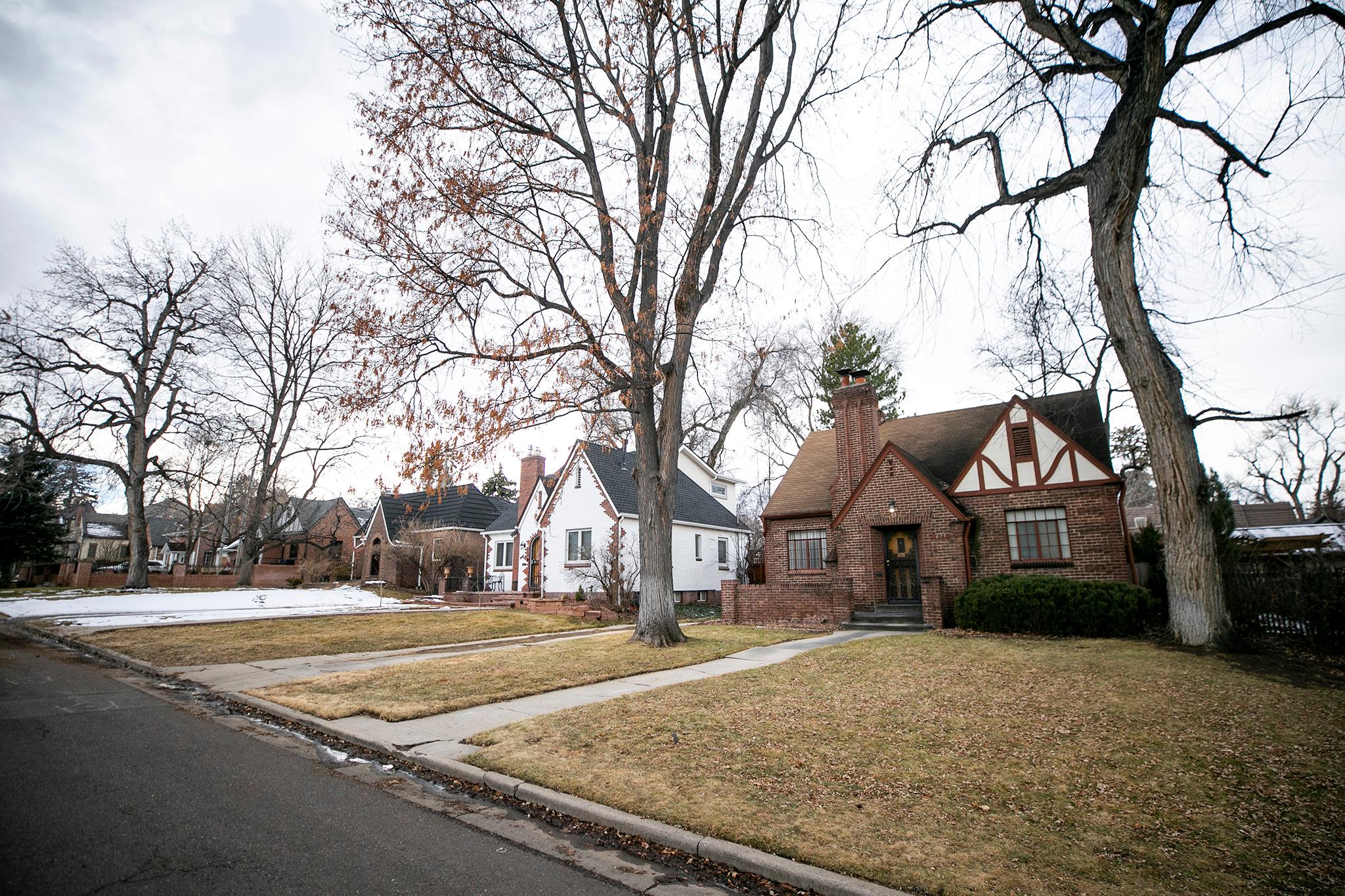A tedious and expensive step in building accessory dwelling units has been eliminated for residents in the Hale neighborhoods.
On Monday, City Council approved a blanket rezoning of Hale that will allow residents to have the small homes in their backyards.
Most Denver property owners can apply to rezone their homes to allow for ADUs. However, applying for that rezoning is a costly and timely step in the construction process. The rezoning process costs about $1,000 and could take months.
The wide-swath rezoning eliminates the need for homeowners to apply for an ADU rezoning, making the process a bit easier. The rezoning doesn’t eliminate the need to apply for construction permits nor does it circumvent design guidelines. If a parcel is zoned to allow for ADUs but the structure doesn’t fit in the design parameters, it still can’t be built.
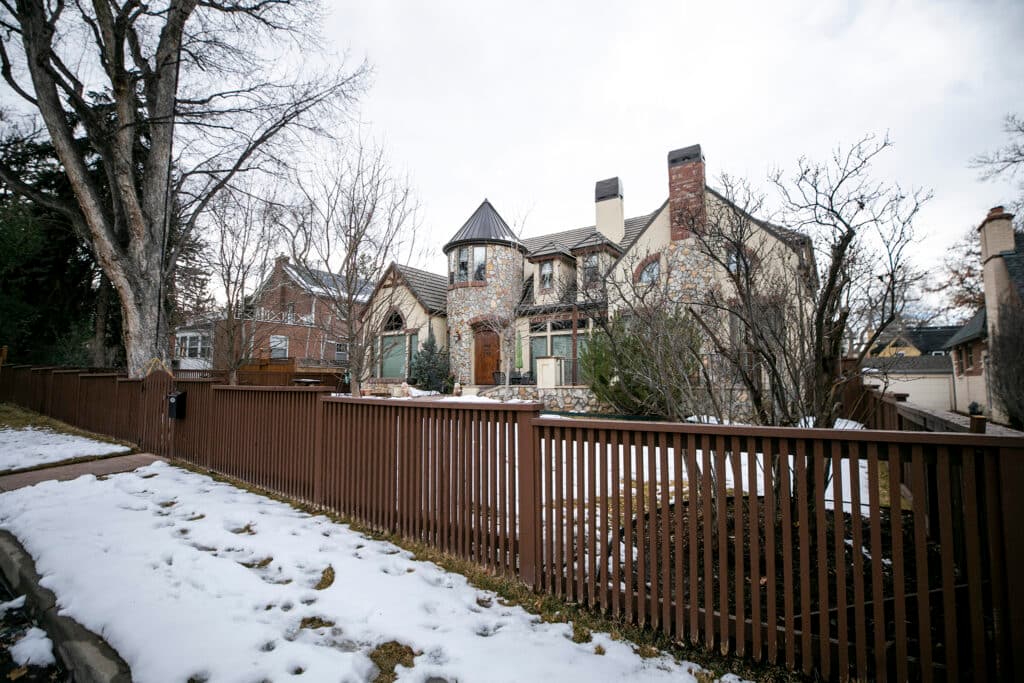
“A change in zoning is not an allowance to construct anything,” said Tony Lechuga, a senior city planner with Community Planning and Development. “Every site would still have to go through individual review to receive their permits. Every building would be uniquely tailored to that site. And in some instances, we’re likely to find sites where an ADU cannot be built.”
The rezoning applies to about 1,500 properties in Hale, most of which are zoned for single-unit housing and that would remain the case. ADU allotments are just an addition to the main form of zoning.
Councilmember Amanda Sawyer spearheaded the proposal and this would be her second neighborhood to receive the blanket rezoning. East Colfax, which was previously in Sawyer’s District 5, was rezoned in 2021. Sawyer also presented the idea to residents in Montclair but through survey responses, residents were not interested.
For the Hale neighborhood, Sawyer and the city's Community Planning and Development department held several in-person and virtual meetings regarding the proposal and sent out a survey, ultimately receiving about 50% support for the proposal.
About 382 people responded to the survey and around 212 of those responses were considered valid. About 124 people were in favor, 78 were opposed and 10 were undecided. As for public comment, Lechuga said four letters of support were received, two people had general comments and 24 people were opposed to the change.
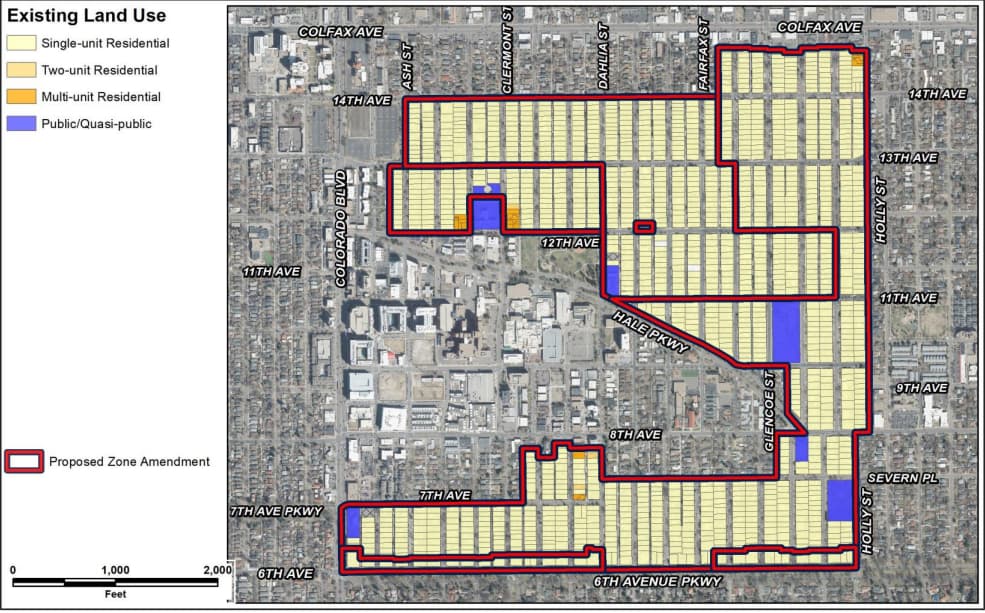
Those in favor said Denver is in need of more housing types and more "gentle density."
Those opposed were mainly concerned with changes to neighborhood character, increased traffic and trash and less available parking. Folks were also concerned with what an increase in housing density would do to the area in regards to ADUs being used as rental units, which some residents believe will lessen property values, increase crime and, again, change the neighborhood.
But many of those concerns depend on whether people actually decide to build ADUs, which they typically don’t.
About 30% of the city, mainly on the west and northwest side, is currently zoned to allow for ADUs.
Since 2016, Denver has issued about 456 ADU construction permits and, as of November 2023, about 331 of them have been completed, BusinessDen reported.
In June, the Department of Excise and Licensing said Denver has about 2,552 active short-term rental licenses and 170 are in ADUs - or about 6 percent.
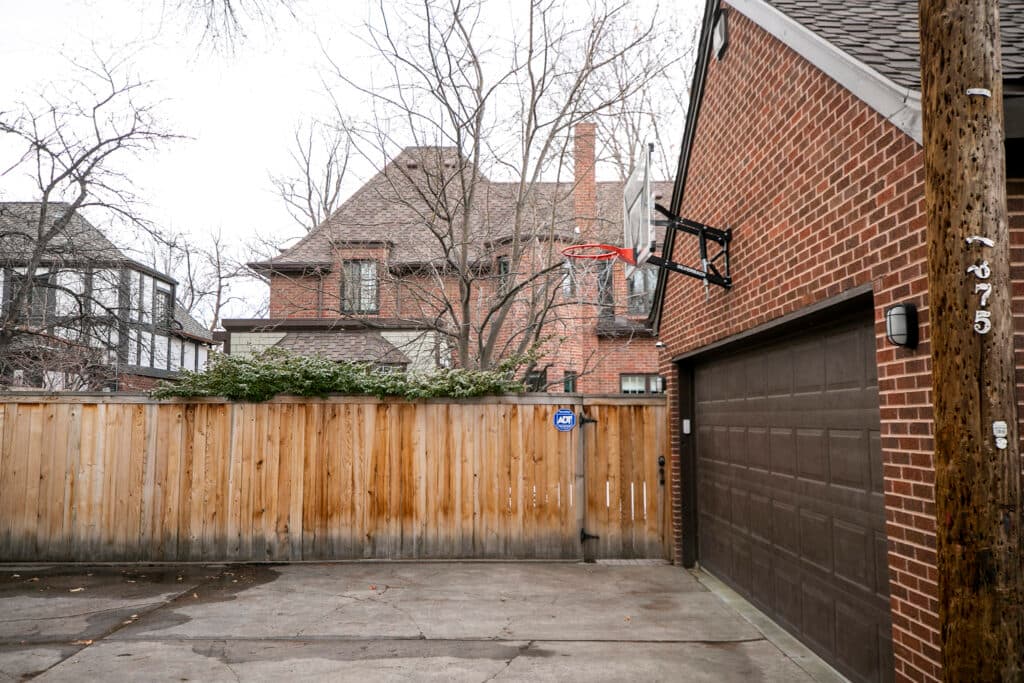
During the council meeting, Councilmember Jamie Torres noted that one of the usages of ADUs is rentals to provide folks with supplemental incomes so they can keep their home. She said ADUs, especially in her district, are mainly being used for extended families.
Ultimately, the rezoning also doesn’t eliminate the actual cost of an ADU, which is about $350,000.
During council’s public hearing, two people spoke in favor of the rezoning and two people spoke in opposition. The sentiments echoed what was seen in the survey results.
Also during the council meeting, Councilmember Kevin Flynn questioned how these types of blanket rezonings affect a proposed state bill, HB24-1152, that would force cities to allow the construction of ADUs.
Lechuga said he couldn’t fully answer the question but said CPD is monitoring the ADU bill to ensure it doesn’t affect the work the city has already put into its ADU rules.
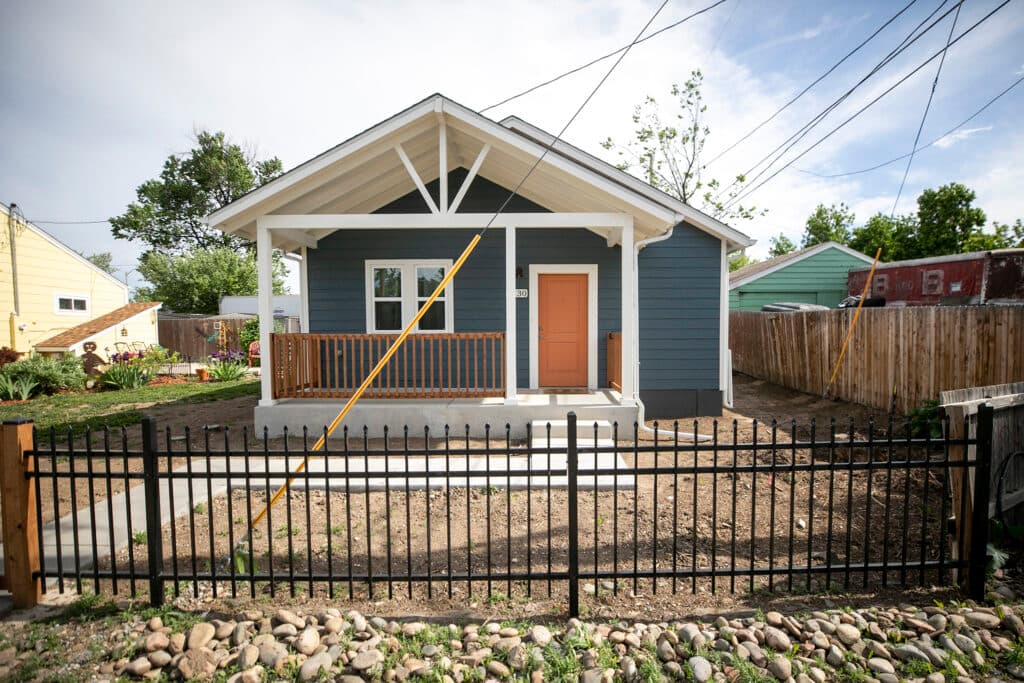
That would include a recent amendment to the zoning code that allowed for more flexibility in building an ADU. The ordinance clarified and standardized rules for ADUs, tailoring their construction around neighborhood zoning contexts. The change takes into consideration sizes and placement.
And the city is still working on making ADUs more accessible. CPD is working on a proposal that would rezone the entire city for ADUs, eliminating the need to go neighborhood by neighborhood. Denverites can weigh in on the proposal here.
Prior to CPD announcing the project, Sawyer had said she wouldn’t be pursuing other neighborhood rezoning. She reiterated the sentiment Monday, noting CPD’s plan. She also added that she supports ADUs and the multitudes of ways they can help residents.
“Accessory dwelling units are one way to attack a number of the challenges that we see our residents facing in the community,” Sawyer said.

